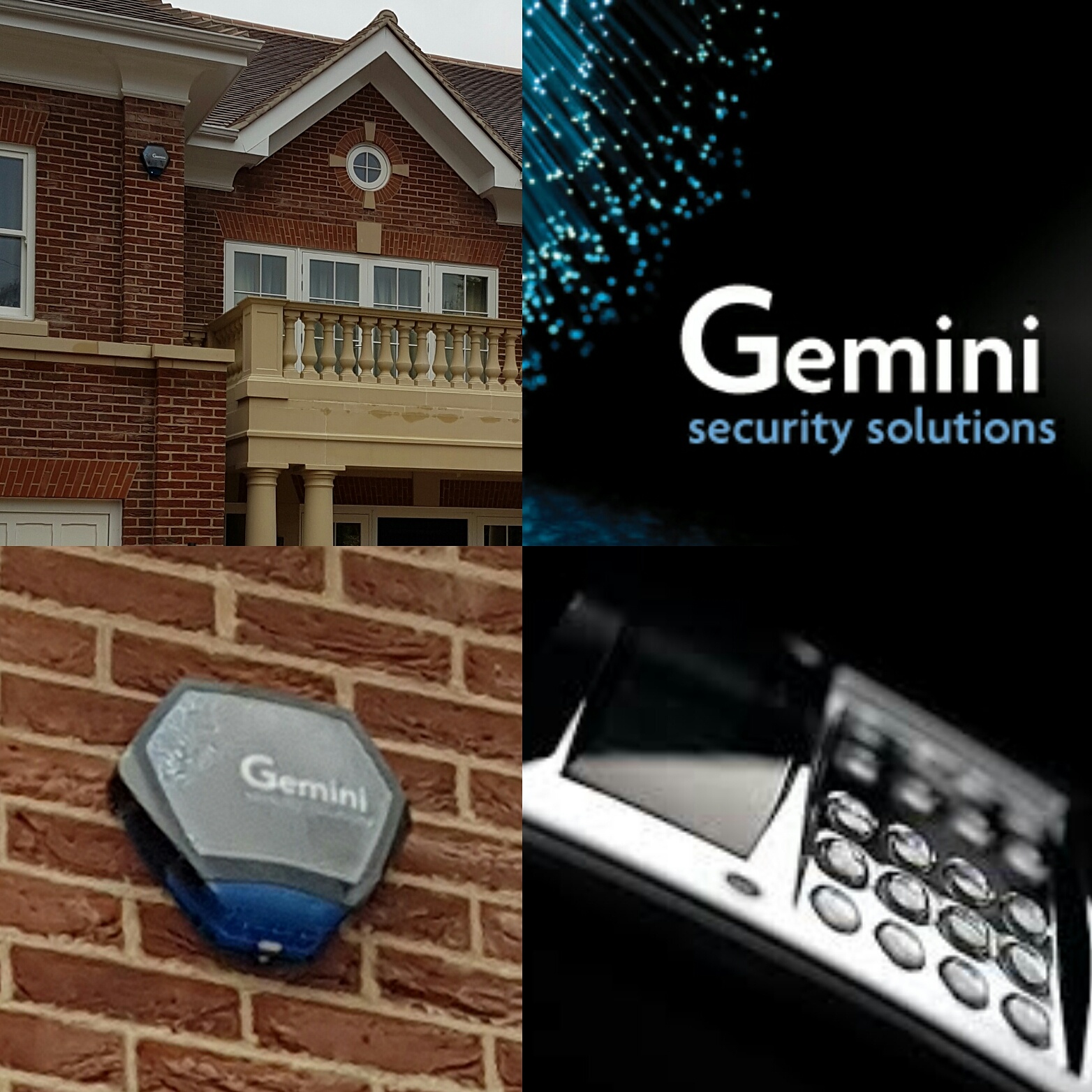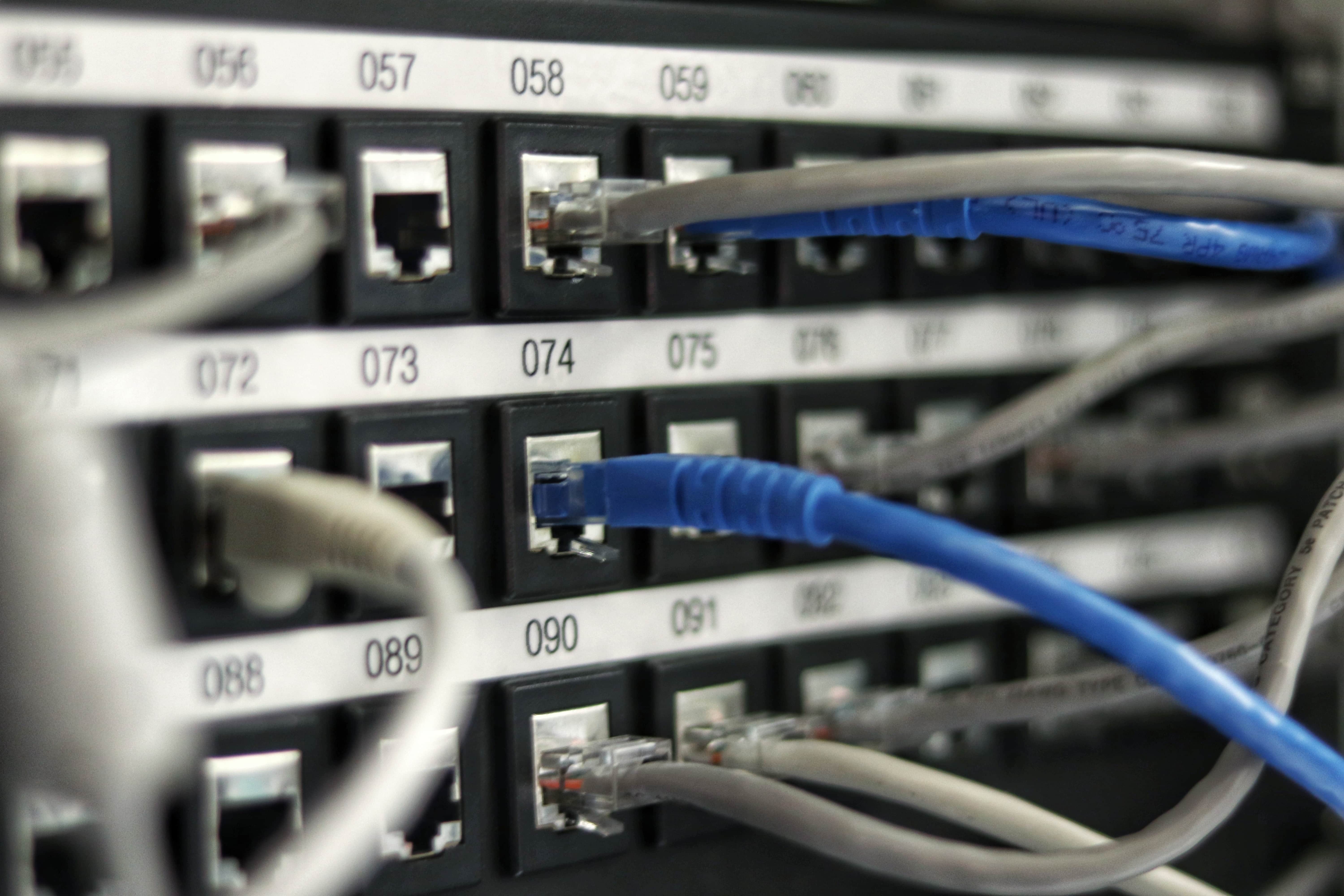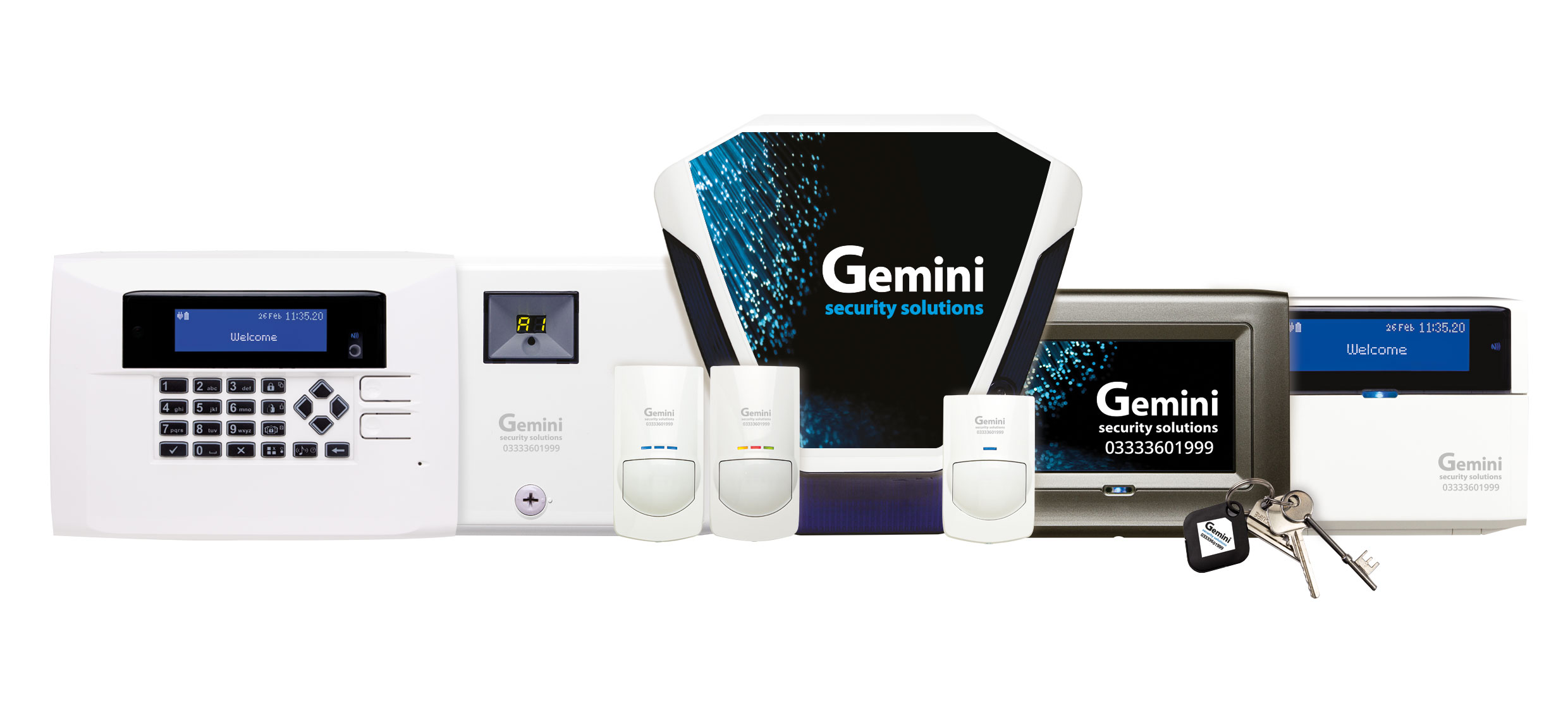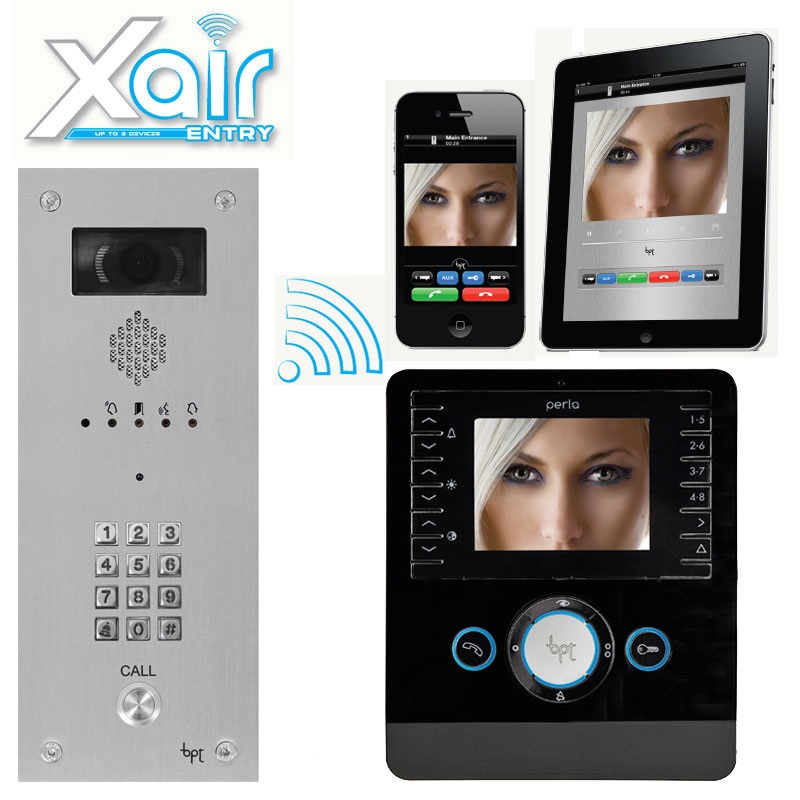Types of House Alarms

House alarms, also known as security alarms or intrusion detection systems, are a crucial component of any security strategy. They serve as a deterrent to potential intruders and provide early warning when unauthorized access is attempted. House alarms come in various types and configurations, each with its own advantages and suitability for different environments. In this comprehensive guide, we'll explore the different types of house alarms, helping you make informed decisions about the security of your property.
Wired Alarms:

Wired house alarms are traditional and hardwired security systems that connect sensors and control panels using physical wires. These alarms are known for their reliability and stability, as they are not susceptible to wireless interference. They are often preferred for commercial installations, where security is of paramount importance. However, the installation of wired alarms can be labour-intensive and may involve drilling holes for running wires, which can be less convenient for residential settings.
Wireless Alarms:
Wireless house alarms have gained popularity due to their ease of installation and flexibility. These systems use radio frequency signals to connect sensors, detectors, and the control panel. Wireless alarms are ideal for residential use because they are less intrusive to install and can be easily reconfigured or expanded. They are also less vulnerable to physical tampering since there are no wires to cut. However, they may be more susceptible to signal interference, making them less suitable for high-security commercial applications.
Hybrid Alarms:

Hybrid house alarms combine the best of both wired and wireless systems. They offer the flexibility of wireless sensors while maintaining the stability of wired connections for the control panel and keypad. Hybrid systems are a good choice for those who want the convenience of wireless installation without compromising on reliability. They can be customized to suit a wide range of security needs.
Smart Alarms:
The rise of smart technology has brought about a new generation of house alarms, often referred to as smart alarms or connected alarms. These systems can be controlled and monitored through mobile apps, providing homeowners with remote access and real-time alerts. Smart alarms often incorporate other smart home devices, such as cameras, doorbell cameras, and smart locks. They offer features like geofencing, allowing the system to automatically arm or disarm based on the user's location. Integration with voice assistants like Amazon Alexa and Google Assistant is also common, making smart alarms a popular choice for tech-savvy homeowners.
Alarm Sensors:
The effectiveness of a house alarm system largely depends on the sensors it employs. Common sensor types include:
-
Motion Sensors: These detect movement in a specific area and are commonly used in both residential and commercial settings.
-
Door and Window Contact Sensors: They trigger the alarm when a door or window is opened, and are integral to perimeter security.
-
Glass Break Sensors: Designed to detect the sound of breaking glass, these sensors provide an additional layer of security for homes and businesses.
-
Shock and Vibration Sensors: These sensors trigger the alarm when there's a forceful impact on doors, windows, or walls.
-
Smoke and Heat Detectors: Not only for detecting intruders, but some alarms include fire detection components for added safety.
-
Carbon Monoxide Detectors: An essential addition for detecting this potentially lethal gas in residential alarms.
-
Flood and Water Sensors: Used to detect water leaks or flooding in homes or businesses, particularly in areas susceptible to water damage.
These sensors can be combined and customized to create a comprehensive security system tailored to your specific needs.
Alarm Control Panels:

The control panel is the brain of the house alarm system. It receives input from sensors, manages the system's arming and disarming, and communicates with the monitoring centre or the homeowner. Control panels can vary in complexity, with some featuring keypads for code entry and others sporting touchscreen interfaces for easy interaction.
Alarm Monitoring:
House alarm systems can be monitored in different ways:
-
Professional Monitoring Services: These services provide 24/7 monitoring and dispatch security personnel or emergency services when an alarm is triggered.
-
Self-Monitoring: With self-monitoring, homeowners receive alerts and notifications directly, allowing them to take appropriate action.
-
Monitoring Center Communication: Alarms can use different communication methods, including landline, cellular, or internet connections to relay signals to monitoring centres.
These options allow homeowners to choose the level of security that best suits their needs and budget.
Alarm Arming and Disarming:
Depending on the situation, you can arm your house alarm in different modes, such as "Arm-Stay" or "Arm-Away." Entry and exit delays provide a grace period to enter or leave the premises without triggering the alarm. Many systems also support remote arming and disarming through mobile apps.
Alarm Sirens and Alerts:

When an alarm is triggered, various types of alerts can be used, including audible sirens, silent alarms that notify authorities discreetly, visual alerts like strobe lights, and even text or email alerts to homeowners.
Alarm Zones and Partitioning:
Many security systems allow for the creation of different zones or partitions. This can help tailor security measures to different areas or users within a property.
Alarm Response:
In the event of an alarm, there are multiple response options, including law enforcement notification, private security company response, or user-initiated actions.
Alarm Verification:
Advanced systems may offer verification methods such as video or audio confirmation, helping to reduce false alarms and improve response efficiency.
False Alarms:
False alarms can be a nuisance and may lead to fines in some cases. Understanding the causes of false alarms and implementing prevention strategies is essential.
Integration with Other Security Systems:
Many house alarms can be integrated with other security systems like CCTV, access control, and home automation, providing a comprehensive security solution.
Alarm System Maintenance:
Regular testing and maintenance of your house alarm system are critical to ensure its continued reliability and effectiveness.
Legal and Regulatory Considerations:
It's important to be aware of local alarm ordinances, licensing requirements, and privacy concerns when installing a house alarm system.
Emerging Technologies in House Alarms:
House alarms are evolving with new technologies like artificial intelligence, wireless mesh networks, smart home integration, and a focus on energy efficiency and sustainability.

Benefits of House Alarms:
House alarms have a wide array of benefits from crime deterrence to faster response time. Having house alarms installed allows you to keep not only your belongings safe but also your loved ones.
Crime Deterrence:
Having a properly installed house alarm can be a good way to deter potential crimes. If they know that you have an alarm system installed then they're less likely to attempt.
Faster Response Times:
Having a house alarm means that It will be quicker for you or your neighbours to know that someone has gained access to your home. This means that you can react to any potential threats quicker allowing you to keep your belongings and family safe.
Integration With Other Security Measures:
A house alarm isn't just the only way to secure your property and having a house alarm system doesn't stop you from having any other, in fact, a house alarm can integrate with a wide range of security measures ensuring you have a wide range of coverage.
In conclusion, the types of house alarms available today offer a wide range of choices to meet the security needs of various settings, from homes and small businesses to large commercial enterprises. Whether you prioritise reliability, ease of use, or advanced smart features, there's a house alarm system to suit your requirements. Understanding the types of house alarms and their components is the first step in creating a secure and protected environment for your property. Contact Gemini Security Solution for the best professional installation possible.









